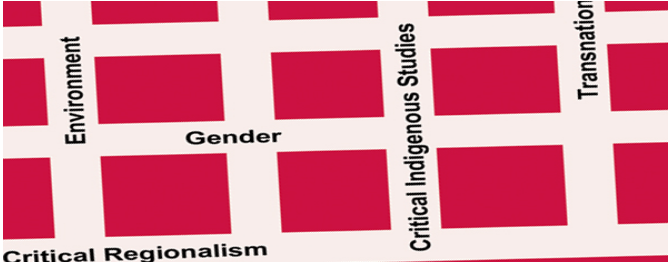
American Studies ETDs
Publication Date
9-3-2013
Abstract
At Pecos National Historical Park there exists a Puebloan ceremonial structure known as a kiva located within the confines of a 17th century Spanish church. The placement of this kiva in the church implies a different name, "convento kiva." Western historians and archaeologists have generated a metanarrative that presents the history of Pecos Pueblo and its inhabitants in a terminal format that is the Pueblo was doomed to abandonment once contact with the Spanish was made regardless of how the Pueblo Indians responded to Spanish colonialism. Contrary to this notion, the descendants of Pecos at the Pueblo of Jemez maintain a strong connection with Pecos Pueblo and since the 1990s have begun reasserting their presence at the Pueblo by contradicting the idea that the site is "abandoned." In this study, I observe how the knowledge produced about the "convento kiva" serves as a lens of the larger colonial metanarrative of Pecos. This knowledge collective is bifurcated between Western/colonial knowledge in history and archaeology and indigenous knowledge in the oral and living traditions of Pecos descendants at Jemez. Using a combination of postcolonial and critical indigenous theory, I argue that colonial knowledge production used by historians and archaeologists work towards creating "terminal narratives" about Pecos while indigenous knowledge production works towards achieving goals of decolonization.
Language
English
Keywords
American Studies
Document Type
Thesis
Degree Name
American Studies
Level of Degree
Masters
Department Name
American Studies
First Committee Member (Chair)
A. Gabriel Meléndez
Second Committee Member
Jennifer Nez Denetdale
Third Committee Member
Joe Watkins
Recommended Citation
Holtkamp, David M.. "When is a Convento Kiva? : A Postcolonial-Critical Indigenous Critique of the Convento Kiva at Pecos National Historical Park." (2013). https://digitalrepository.unm.edu/amst_etds/19
